Yamaha YZR500 Wayne Rainey Replica
Any MO readers over the age of 40 probably have fond memories of watching Wayne Rainey make his magic happen on the best-looking 500cc Grand Prix bike ever built – the Marlboro Yamaha YZR500. His first championship year, 1990, was one of the most memorable seasons I can remember. I was 15 and still remember those late nights staying up to watch the races. By the time I was 16 I had an old blown-up RZ250FN and big plans to paint it up in Marlboro colors. I had the posters and the dreams to go with them!
The YZR500 first debuted in 1973, and the bike went on to amass 115 wins and 11 world championships in its amazing 30-year history. Nearing the end of its run at the turn of the century, the YZR was spitting out around 200 horsepower in a machine weighing just 286 pounds, the category’s minimum weight.
Meanwhile, my motorcycle path took me into an apprenticeship as a motorcycle mechanic at Len Willing Motorcycles, brother of Warren Willing, the man behind the winning Marlboro YZR500s and, later, Kenny Roberts Jr.’s world title. I’d hear second-hand stories from Len after each GP, and from that time on I was hooked on YZR500s and I still am.
So when Mick Costin, proprietor of Costin Engineering, called to let me know there is an opportunity to ride his ‘best’ build yet – a 1990 YZR500 Rainey Replica – I jumped at the chance.
I arrived at Eastern Creek Raceway (Sydney Motorsport Park) to find the bike being warmed up and I almost lost my mind. There was a large crowd building around the bike, and as chance would have it, 500 GP legend and ex-Wayne Rainey teammate Kevin Magee was one of the onlookers. He also commented that the bike is exactly the same – a perfect job. We offered him a ride on it, and he jumped at the chance, but a piston failure prevented any of us from riding the bike that day. However, we did get to strip it and shoot it and have a chat with Mr. Costin.
This was a customer build with a good budget that allowed Mick to truly replicate the 1990 machine. This meant a lot of time and effort on tooling to reproduce the frame, swingarm, engine mounts, fairings and to make an RZ500 streetbike engine look like a YZR500 engine.
“The dimensions are exactly the same as the 1990 bike,” says Costin. “The only difference is the position of the engine mounts to accommodate the different crankcase shape and mounting positions on the RZ engine. The frame was a huge task. The tooling to press the indents on the side beams and into the swingarm alone was a big job. The three pressing tools had to be made of carbon steel, and it was a mammoth task pressing those sections up.”
The frame is made of 6061-T6 alloy sheet and billet, which is heat-treated after welding, giving the material maximum strength. Once finished it was painted black.
Costin Engineering triple clamps squeeze ex-Christian Sarron 1990 YZR500 Öhlins forks that are anodized black. The handlebars are original 1990 YZR500, and the Öhlins shock remote preload adjuster is mounted on the top clamp as Rainey had. The swingarm is identical to the 1990 YZR500 and has an original 1990s-era YZR500 Öhlins shock controlling it. The wheels are original 1990 YZR500, as are the brakes.
“The wheels are so light,” says Mick. “I have some 1990-era forged alloy wheels, and the YZR500 ones are 30% lighter again. No wonder they had limited mileage. They weigh the same as the brake rotors!”
Costin says the brakes are 1990 YZR500 Nissin rotors with Nissin YZR500 calipers, while at the back a captive quick-change set-up Brembo caliper is fitted along with a YZR500 rotor. As per the Wayne Rainey 1990 bike, there is a radial-pull AP master cylinder fitted as well.
The engine is a highly modified RZ500 unit. It has vapor blasted, machined and water-cooled crankcases, RZ Performance crankshaft and conrods, Mitaka pistons and rings, Costin Engineering cylinders with individual power-valve controllers and YZR500-style water jackets, and modified TZR250 3MA SP cylinder heads. A Costin Engineering cast clutch cover is used, while the actual clutch is a highly modified TZ350 unit. An extended input shaft allows the dry clutch conversion and the oil pump system is removed, with a cast magnesium cover giving the GP look. An electric water pump is employed, and the radiator is a Costin Engineering item, with a TZ250 water bottle used.
Rainey’s bike ran steel expansion chambers for most of the 1990 season, aside from a few races at the end where titanium items were used only for the top two pipes. In keeping with the original, Costin made four steel expansion chambers, which are stunning. They all have original YZR500 mufflers.
The ignition system is a Costin GP plug-in race system with adjustable ignition curve and power-valve controller. All electrical components are mounted up front as per the real bike. Fueling is taken care of by four 28mm Mikuni flat-slides.
Finishing the bike off is the stunning bodywork, which is original YZR500 painted the traditional colors.
I’m sure you agree, the bike sure touches on some great memories of the true GP heroes on the wild 500s, with Wayne Rainey being the master of the YZR500.
The Ride
I was fortunate enough to test a Costin YZR500 on another occasion, and although the engine was brand new and not run in, I still had a ball on the bike. The engine was tight so I did not use it to its full potential, but what I did use was more than enough to have me carrying good momentum around the testing facility.
The first thing I noticed was how real the bike feels. I’ve ridden my share of TZ250s, RS250s, and also an ex-John Kocinski Cagiva 500cc GP machine, a bike that was virtually a copy of the early YZR, and this replica has the real-deal feel about it.
Tested: Cagiva V593 500cc Grand Prix Racer
It stops like a GP bike, turns like a GP bike and is absolutely on rails. The chassis is ultra stiff, giving that knife-edge snappy feel of a GP thoroughbred, and it carries fantastic corner speed.
Tucking in down the chute had me grinning – the four genuine YZR baffles howling and the STACK tacho climbing rapidly as the front wheel lifted over the crest. I felt like a real GP rider! An amazing ride that I’ll remember for a long time…
Wayne Rainey
Rainey needs no intro to MO readers. The legend’s career began in the AMA Grand National Championship, a series that encompassed dirt-track disciplines plus road races. In 1981, Rainey finished the Grand National season as the 15th-ranked dirt-track racer in the country. Following his success in the Novice 250cc roadrace class, Kawasaki hired him to compete in the 1982 AMA Superbike Championship as a teammate to the defending National Champion Eddie Lawson. The following year, Lawson moved to the Grand Prix circuit and Rainey took over the role of leading rider, earning the 1983 Superbike championship for Kawasaki.
In 1984, he accepted an offer to ride for the newly formed Kenny Roberts Yamaha squad in the 250cc class of the Grand Prix World Championship. A less-than-successful season saw him returning home in 1985 to join the Maclean Racing team in U.S. 250 and Formula 1 classes, and then onto the American Honda team from 1986 to 1987 where he raced Superbike and F1. It was during the 1987 Superbike National Championship that his intense rivalry with Kevin Schwantz began, as the two battled it out for the title. Rainey won the championship, but the fierce rivalry between the two competitors was just beginning.
In 1988, Rainey returned to Europe, again joining Team Roberts Yamaha, this time in the premier 500cc division riding the YZR500. In the 1989 campaign, Rainey finished runner-up to Lawson. From 1990 to 1992, Rainey hit his stride and earned three consecutive 500cc crowns for Yamaha. Rainey was well on his way to his fourth-consecutive title in 1993, leading the championship when he suffered his career-ending crash at the Italian Grand Prix in Misano. He slid into the gravel trap at high speed, breaking his spine against the raked surface designed as a safety feature for car racing. The injury handed the title over to his great rival, Schwantz. Rainey’s injuries rendered him permanently paralyzed from the chest down.
After turning to Williams Formula 1 team owner and quadriplegic Frank Williams for advice, Rainey later became the team manager for Marlboro Yamaha for a few years.
Rainey lives in Monterey, California in a house built near the Mazda Raceway Laguna Seca circuit shortly before his career-ending accident. Rainey was inducted into the AMA Motorcycle Hall of Fame in 1999. The FIM named him a Grand Prix Legend in 2000, and he was inducted into the International Motorsports Hall of Fame in 2007.
Wayne Rainey Interview: Inside MotoAmerica
After fading from the motorcycle racing scene for several years, Rainey and the KRAVE Group took over American Superbike racing from the AMA and Daytona Motorsports Group in 2014, launching the MotoAmerica series in 2015.
Yamaha YZR500 Wayne Rainey Replica Specifications | |
|---|---|
| Engine | 1985 Yamaha RZ500 V-4 two-stroke |
| Bore and stroke | 56.65mm x 50.0mm |
| Compression ratio | 6.6:1 |
| Components | RZ Performance crankshafts and conrods, vapour-blasted stock crankcases converted to water-cooled cases, stock ported and polished cylinders, machined TZR 3MA SP heads, balanced Mitaka forged pistons and rings; Costin Engineering magnesium oil pump cover, independent power-valve actuators, Boyesen reeds, four 28mm Mikuni flatslide carburetors, Costin Motorcycle Engineering expansion chambers, YZR500 mufflers. |
| Power | 105 rear-wheel horsepower |
| Transmission | Factory six-speed cassette-style gearbox with extended input shaft |
| Clutch | Dry conversion TZ350 clutch, Costin Engineering clutch cover. |
| Miscellaneous | All bolts machined stainless steel or titanium, Costin Engineering radiator, electric water pump, custom black box incorporating programmable CDI ignition, programmable power-valve controller, quad coils, 15/36 gearing. |
| Chassis | Costin Motorcycle Engineering replica 1990 YZR500 frame handmade from 6061 billet and sheet alloy, matte-black finish, 1990 YZR500 replica swingarm |
| Front Suspension | 43mm Öhlins original YZR500 forks |
| Rear Suspension | 1990 YZR500 Öhlins shock with custom linkages and Costin ride-height adjuster and remote preload adjuster |
| Front Wheels | 1990 YZR500 alloy 3.5 x 17-in. wheel |
| Rear Wheels | 1990 YZR500 alloy 6 x 17-in. wheel |
| Front Brakes | YZR500 1990 Nissin 320mm rotors with four-piston YZR500 1990 calipers |
| Rear Brakes | 210mm YZR500 rotor with Brembo TZ caliper, AP radial master-cylinder |
| Bodywork | 1990 YZR500, 1990 YZR500 seat, YZR500 replica custom fuel tank, YZR500 front guard, billet alloy fuel cap. |
| Weight | 276 lbs (claimed) wet |
More by Jeff Ware



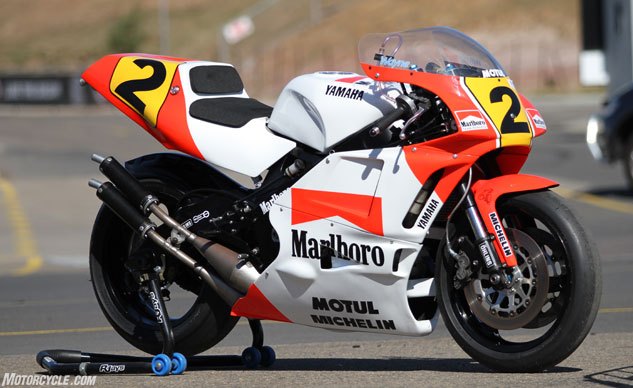
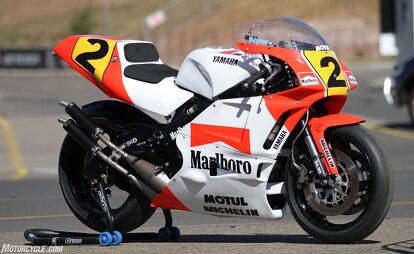













































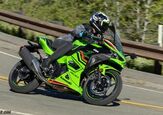
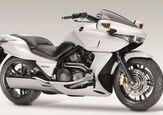
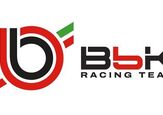
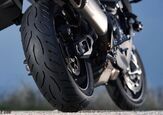
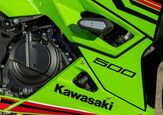
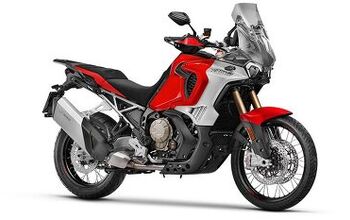
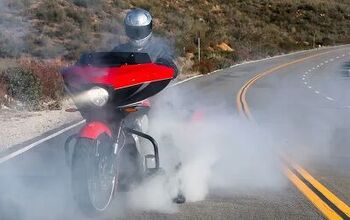

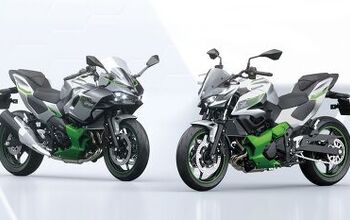
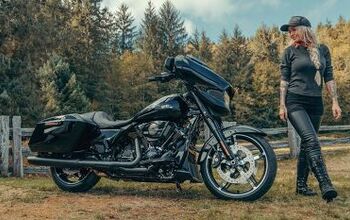
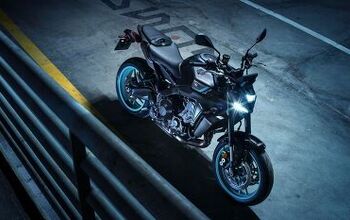
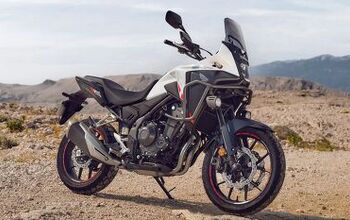
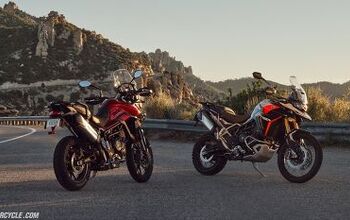
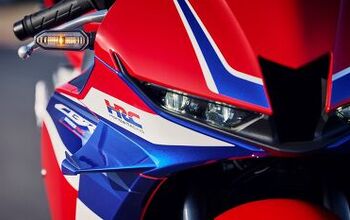
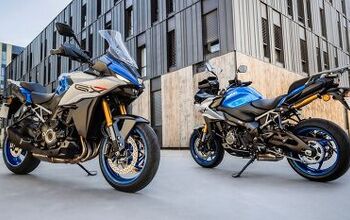
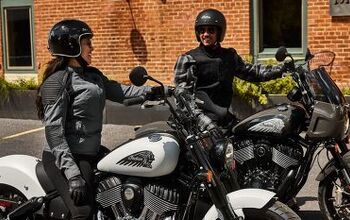
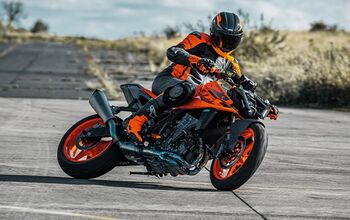
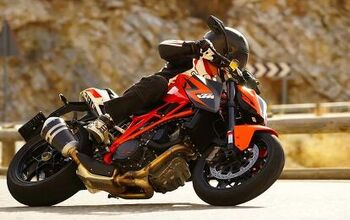
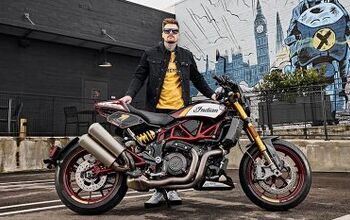
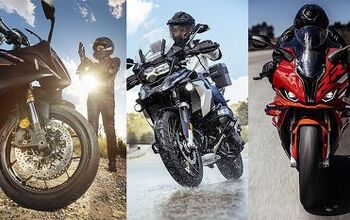
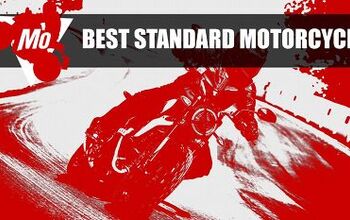
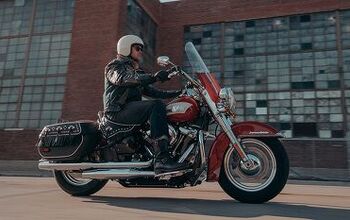
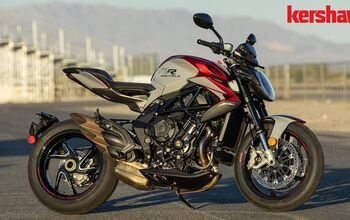
Comments
Join the conversation
I was in love with this bike too; ) Way back then I managed to buy a new Yamaha domestic (Japan) RZV500R V4 two stroke street bike. It was a replica of the much earlier versions for their F1 bikes. It was very fast for it's time, I could pull GSX750s and stay even with the GSX1000s. Sadly I seized a cylinder, never repaired it and sold it as a roller 5 yrs ago. What a bike and what a thrill to ride it; ).
Just a beautiful piece of work from a wonderful era of racing.